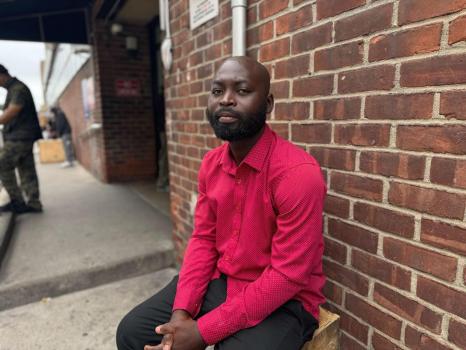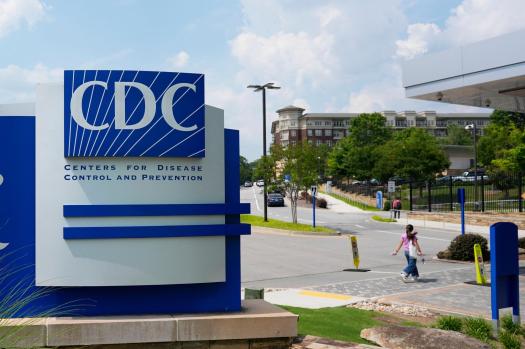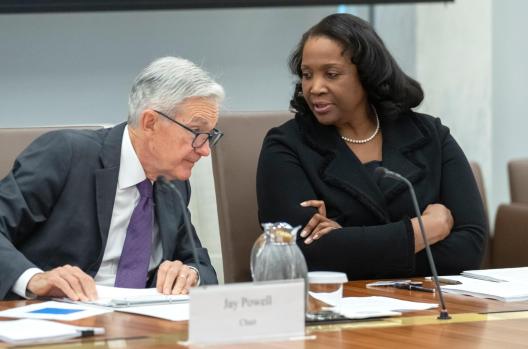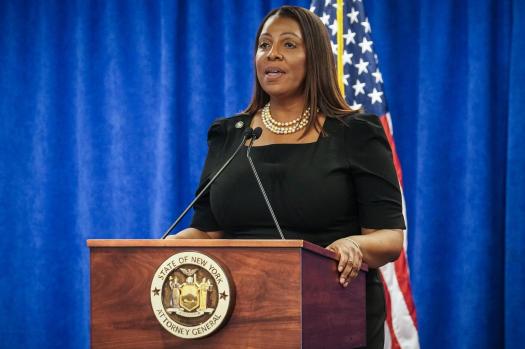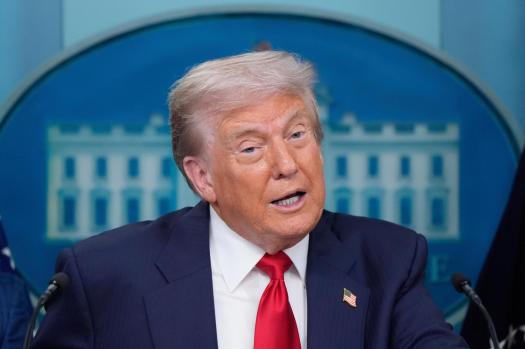AP’s San Francisco In support of the Trump administration, a federal appeals court on Wednesday delayed a lower court’s decision to maintain interim protections for 60,000 migrants from Nepal and Central America.
As immigration rights activists claim that the administration violated the law by terminating Temporary Protected Status designations for individuals from Honduras, Nicaragua, and Nepal, the 9th U.S. Circuit Court of Appeals in San Francisco granted the emergency stay pending an appeal.
The judges, who are appointees of Republicans George W. Bush and Donald Trump and Democrats Bill Clinton, wrote that the district court’s judgment granting the plaintiffs’ petition to postpone, entered July 31, 2025, is stayed pending additional orders from this court.
Related Articles
-
US attorney will no longer bring felony charges against people for carrying rifles or shotguns in DC
-
Obama applauds Newsom s California redistricting plan as responsible as Texas GOP pushes new maps
-
Texas can t put the Ten Commandments in certain school districts classrooms, judge says
-
Trump thinks owning a piece of Intel would be a good deal for the US. Here s what to know
-
New work rules could deny food stamps to thousands of veterans
The Homeland Security secretary has the authority to issue Temporary Protected Status, which keeps migrants from being deported and permits them to work. More persons are now eligible for deportation as a result of the Trump administration’s vigorous efforts to remove the protection. It’s a component of the administration’s larger plan to deport large numbers of immigrants.
If a natural disaster, political unrest, or other hazardous circumstances in their home countries make it unsafe for them to return, Secretary Kristi Noem may grant Temporary Protected Status to immigrants already in the United States.
After concluding that situations in their home countries no longer justified them, Noem had decided to terminate safeguards for 51,000 Hondurans and about 3,000 Nicaraguans. After more than two decades of service in the United States following Hurricane Mitch’s 1998 devastation of both nations, their designations are scheduled to expire on September 8.
The TPS designations for an estimated 7,000 Nepalese individuals were set to expire on August 5.
A request for comment from the National TPS Alliance was not immediately answered.
In a scathing ruling on July 31, U.S. District Judge Trina L. Thompson of San Francisco maintained the safeguards for the duration of the litigation. November 18 is the next hearing date.
According to her, the administration terminated the safeguards afforded by migrant status without conducting an impartial assessment of the nation’s circumstances, including the impact of recent hurricanes and storms in Nicaragua and political unrest in Honduras.
DHS assistant secretary Tricia McLaughlin responded by saying that although TPS was never intended to be a de facto asylum system, it has been used in that manner for decades by prior administrations.
Approximately 350,000 Venezuelans, 500,000 Haitians, over 160,000 Ukrainians, and thousands of individuals from Afghanistan and Cameroon have already had their TPS classifications revoked by the Trump administration. Federal courts are still considering lawsuits against some.
Attorneys for the National TPS Alliance contended that Noem’s rulings are illegal as they were driven by racial hatred and predetermined by the campaign pledges made by President Donald Trump.
However, U.S. deputy assistant attorney general Drew Ensign stated during a hearing on Tuesday that the government’s incapacity to implement the measures it has deemed necessary causes it to continue to suffer irreversible injury.
The Trump administration was granted permission by the U.S. Supreme Court in May to terminate TPS designations for Venezuelans. The justices did not rule on the underlying claims and did not offer any justification, which is typical in emergency appeals.

